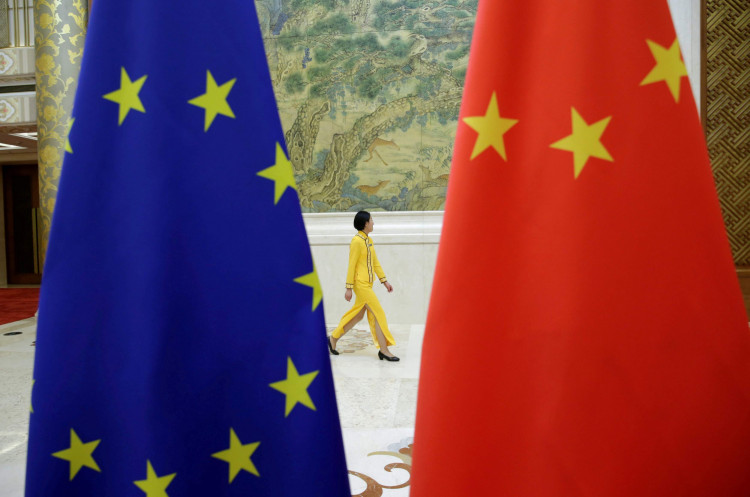The "inflexible and inconsistently implemented" COVID-19 policy, according to a leading European business group, is a major reason why companies are losing faith in China and its appeal as a place to invest.
The report, which covered topics ranging from Taiwan to commerce, stated that China should, among other things, avoid making "erratic policy shifts," strengthen its relationship with the European Union, and boost international travel.
The cautions were released by the European Chamber of Commerce in a study that also included 967 recommendations for China, the European Union, and European businesses interested in conducting business there. The paper, which had input from 1,800 member companies, also carried warnings.
According to the chamber's president, Joerg Wuttke, a "stark contrast" has developed over the past year between China and the rest of the globe as other nations continue to be dedicated to globalization while China is turning inward.
He remarked, alluding to China's strict zero-COVID policy, which has frequently resulted in lockdowns and kept borders mostly closed to international travel, "the world lives with herd immunity, and China waits until the world gets rid of Omicron, which is of course unlikely."
According to China, the country's policy is necessary to avoid a fatality toll that is too high and an overburdened healthcare system.
In addition to COVID, the chamber claimed that stagnant reforms of China's state-owned businesses, an emigration of Europeans from China coupled with travel limitations for Chinese employees to travel overseas, as well as a growth in corporate politicization were all hurting China's appeal.
Based on the research, a record number of companies were looking to divert their present or upcoming investments to other markets.
A U.S. business lobby claimed last month that U.S. businesses operating there were more worried about China's tight COVID-19 control procedures than they were about the tense U.S.-China relations.
Wuttke said the chamber maintained hope that restrictions may be loosened during the Communist Party's five-yearly session, which begins on October 16. China is one of the few nations still forcing travelers to quarantine upon arrival.
Although it is anticipated that Xi Jinping will win an unprecedented third term as president, it is still unclear who will join him on the Politburo Standing Committee and take Premier Li Keqiang's place when he steps down in March from his position as the head of the second-largest economy in the world.
Vice Premier Liu He, who is anticipated to step down from his current position, has consistently supported reform and "would be hard to replace," according to Wuttke.





